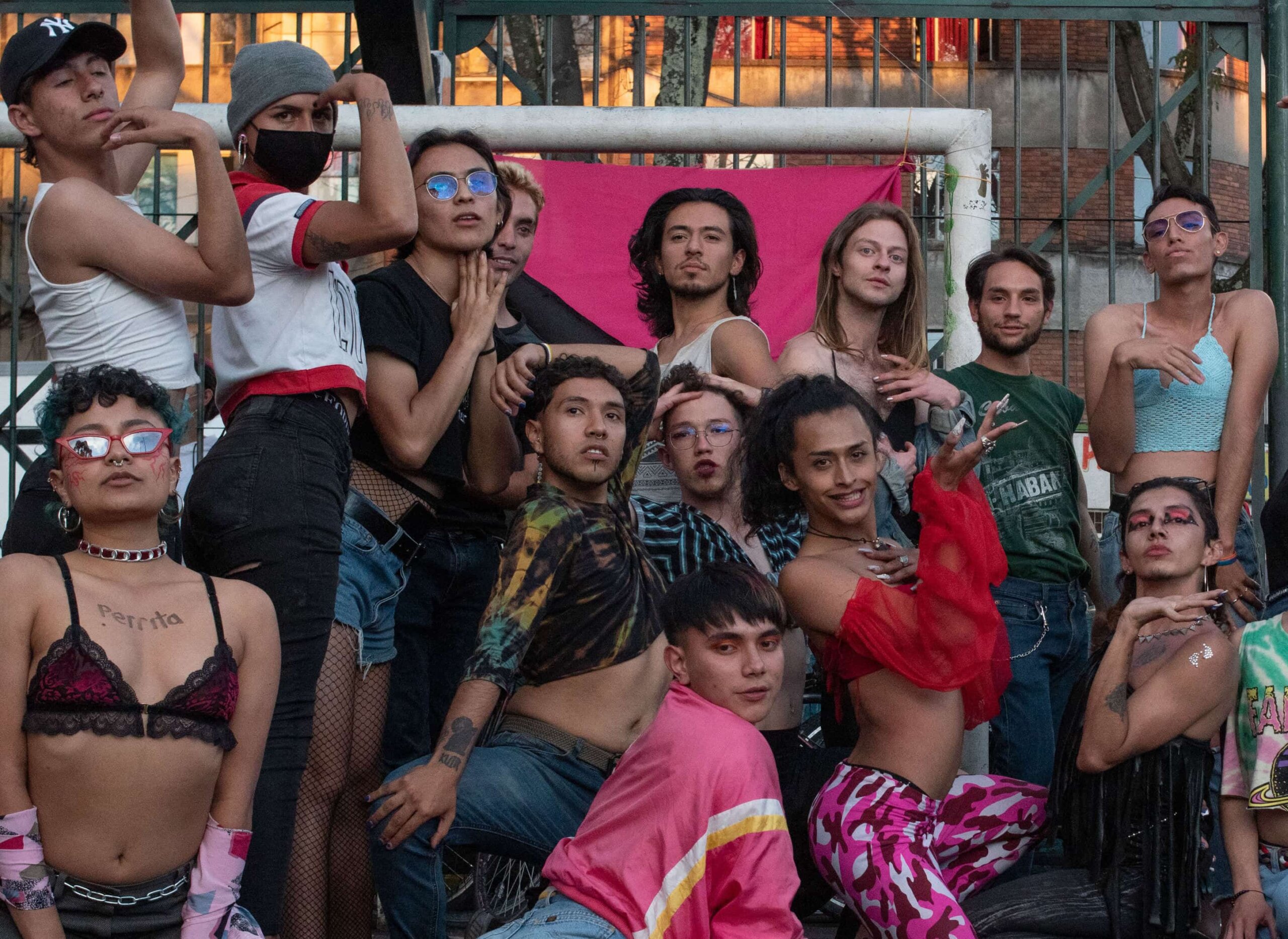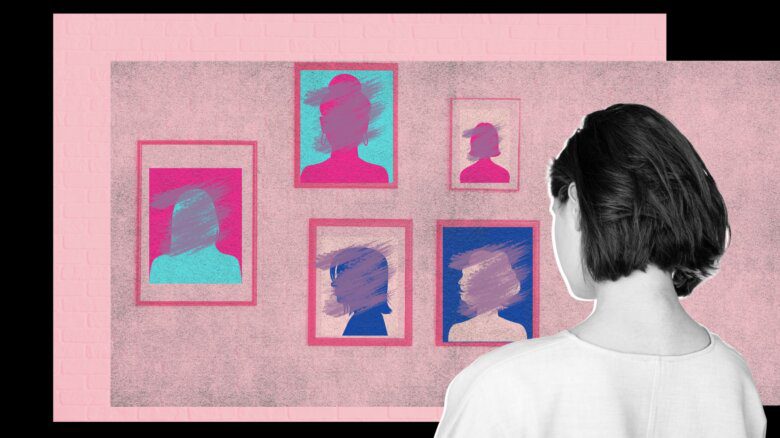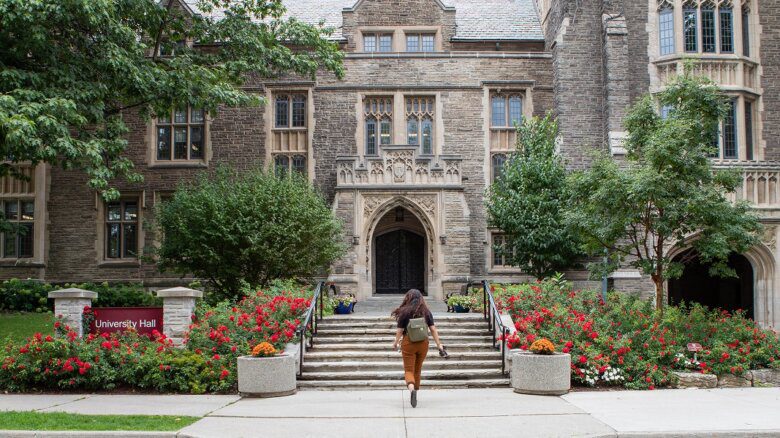A Colombian court has extended legal recognition to non-binary identities in a major milestone for LGBTQ+ people in Latin America.
In a March 1 ruling, the Colombian Constitutional Court ruled that non-binary people should have the right to “opt out” of male and female gender markers on official documentation. This population deserves the “same guarantees of those who identify officially as binary,” the court wrote in a decision obtained by the Agence France Presse (AFP) news wire.
The court further ruled that the National Registry of Civil Status discriminated against 40-year-old plaintiff Dani García Pulgarín by forbidding her from fully correcting the gender on her citizenship card. Known as a cédula de ciudadanía, Colombians use them for everything from voting to job applications.
While García was able to update her gender marker in 2015 after the constitutional court allowed trans people to amend their ID cards for the first time, the only options available to her were “M” and “F.” García uses female pronouns but does not identify as a woman, according to the advocacy group Human Rights Watch (HRW). She reportedly uses the term travesti to describe her relationship to gender.
Although García applied for an “X” gender marker in 2019, the National Registry of Civil Status rejected the request. García filed an appeal last year seeking to overturn the decision.
In its ruling, the constitutional court said that refusing to allow access to ID cards that correctly recognize the identities of non-binary Colombians is extremely harmful to both their mental health and ability to function in society. Judges accused federal bureaucrats of encouraging “scenarios of discrimination and exclusion in the public and private spheres.”
The court’s decision is a first for Latin America, as HRW notes in a statement. Cristian González Cabrera, a researcher in its LGBTQ2S+ rights program, encouraged other countries in the region to join in “legally recognizing gender diversity through simple, administrative procedures.”
“Not only is it required by international law, but it will also go a long way to fostering equality, tolerance and inclusion for all,” González says.
While the Colombian Constitutional Court is the highest legal authority in the region to recognize non-binary identities, other lower courts have also ruled in favour of affirming documentation for individuals who live outside the binary.
In February, Mexico issued its first-ever non-binary birth certificate following a petition filed on behalf of plaintiff Fausto Martínez, but that historic decision only applied to their case. Other non-binary people will also be forced to lobby the court in hopes of receiving corrected ID documents, and those requests may not necessarily be granted.
Last year, Argentina announced that it would allow citizens to list their gender as “X” on passport documents. The decision was made in a July decree by President Alberto Fernández, not by court order or legislative action.
Colombia has made several notable strides toward LGBTQ+ equality in recent years. The country of 50 million paved the way for same-sex marriage in 2016 following a 6-3 ruling from its constitutional court. The decision had been a long time coming: in 2011, the court directed the Congress of Colombia to draft a marriage equality law within the next two years, but lawmakers neglected to comply.
In its most recent pro-LGBTQ+ ruling, Colombia’s constitutional court has ordered both the National Registry of Civil Status and Ninth Notary of Medellín to issue García gender-congruent documents. It’s unclear whether they have yet done so.


 Why you can trust Xtra
Why you can trust Xtra


